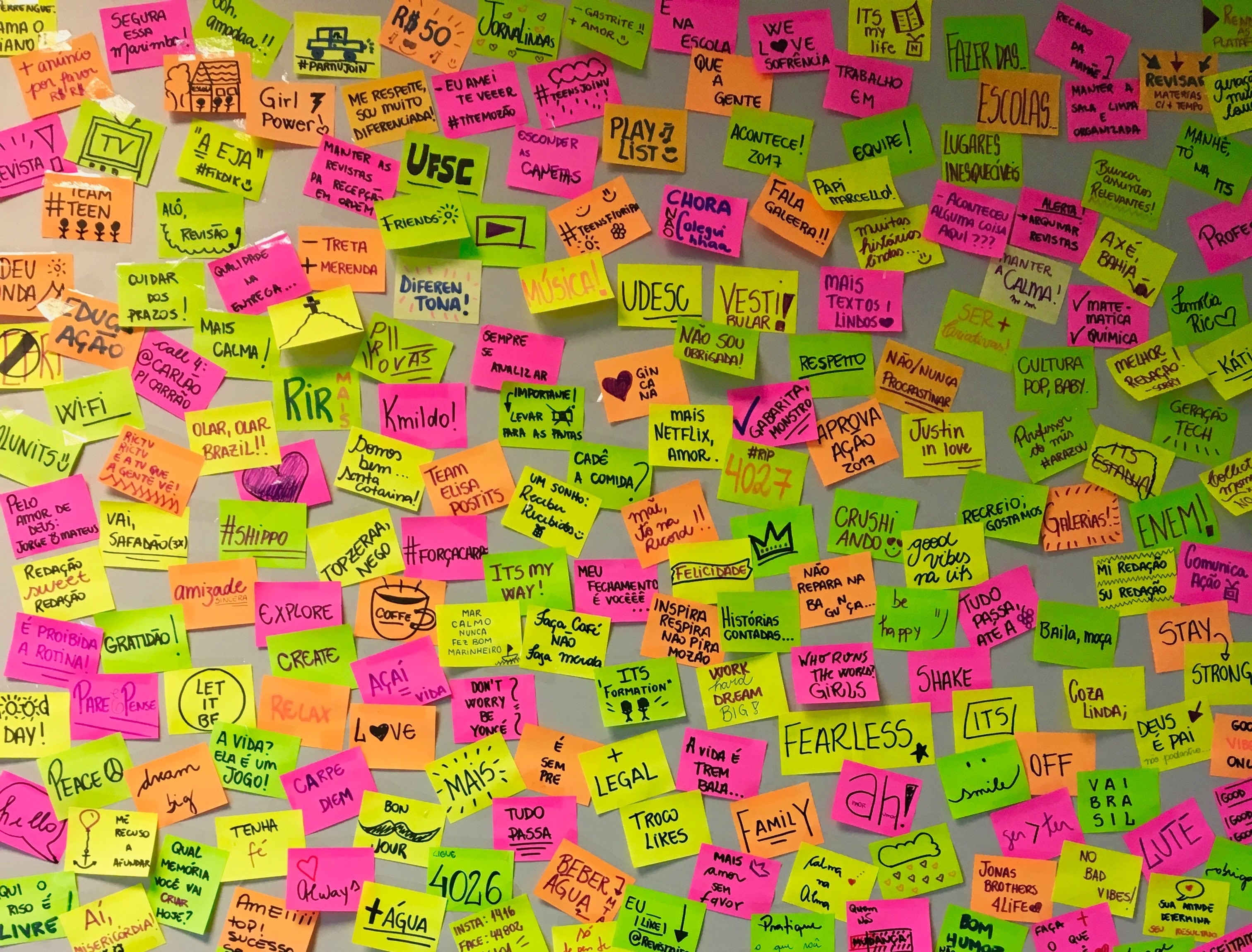# Ideate
# Idea competition
- Purpose
- Produce numerous ideas in a very short time
- Time required
- approx. 15 minutes
- Participants
- Design Thinking team
- Level of experience
- Beginner

# What is it about?
Quantity over quality: which team produces the most ideas within a given time frame and wins the idea competition?
# The goal
Generate lots of ideas as a team by fuelling positive competitive thinking.
# How to do it?
- Divide the group into two or more teams.
- All teams start with the same task and are asked to sketch or write down as many ideas/solutions as possible on Post its in a short time (e.g. 6 minutes). Each new idea is recorded on a separate post-it.
- Counting: The team with the most ideas wins.
# When do you need it?
Especially when many possible approaches are required and to encourage all participants in larger groups to formulate ideas.
# Resources
- sticky notes and pens
- alternative: digital whiteboard
# Advantages
The competitive nature and time limit encourage creativity and numerous ideas are generated in a short period of time. The parallel work of several teams generates a wide range of ideas. In addition, the different teams can generate different perspectives and approaches to solutions. Another advantage is the playful and competitive nature of the format, which increases the motivation and commitment of the participants.
# Disadvantages
Focussing on quantity, i.e. the generation of numerous ideas, can be at the expense of quality. The results may be too generic or far away from practicable solutions. Due to time constraints, the ideas found may not be well thought out or elaborated. Furthermore, the time pressure and competition can be perceived as stressful for some participants. In addition, such settings sometimes unconsciously encourage conformity and suppress dissenting opinions or creative approaches.
# Keep in mind
As the focus of this method is on quantity, motivate the teams to really write down every idea. Within the teams, each idea can also be named out loud so that the other team members can be inspired to come up with new approaches.
# See also
| Previous methods | Alternative methods | Following methods |